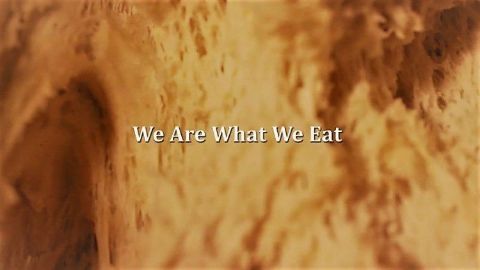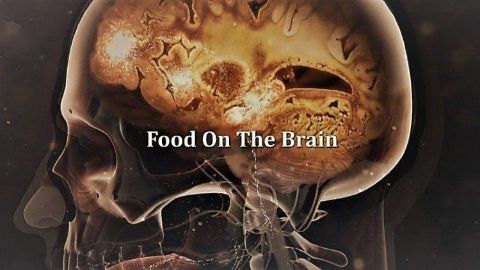A Matter of Taste • 2017 • episode "S1E2" • The Secrets of Your Food
Michael heads to Spain to search for some of the most powerful tastes on the planet, whilst James travels high in the Peruvian Andes to discover how a bitter potato - a cousin of the humble spud - has been tamed to help the inhabitants survive the extreme altitude. Using the latest imaging techniques to take us inside our food, right down to the molecular level, Michael and James offer us a whole new way of thinking about taste: far more than being just delicious, it's actually a matter of survival.
Make a donation
Buy a brother a hot coffee? Or a cold beer?
Hope you're finding these documentaries fascinating and eye-opening. It's just me, working hard behind the scenes to bring you this enriching content.
Running and maintaining a website like this takes time and resources. That's why I'm reaching out to you. If you appreciate what I do and would like to support my efforts, would you consider "buying me a coffee"?
Donation addresses
BTC: bc1q8ldskxh4x9qnddhcrgcun8rtvddeldm2a07r2v
ETH: 0x5CCAAA1afc5c5D814129d99277dDb5A979672116
With your donation through , you can show your appreciation and help me keep this project going. Every contribution, no matter how small, makes a significant impact. It goes directly towards covering server costs.








